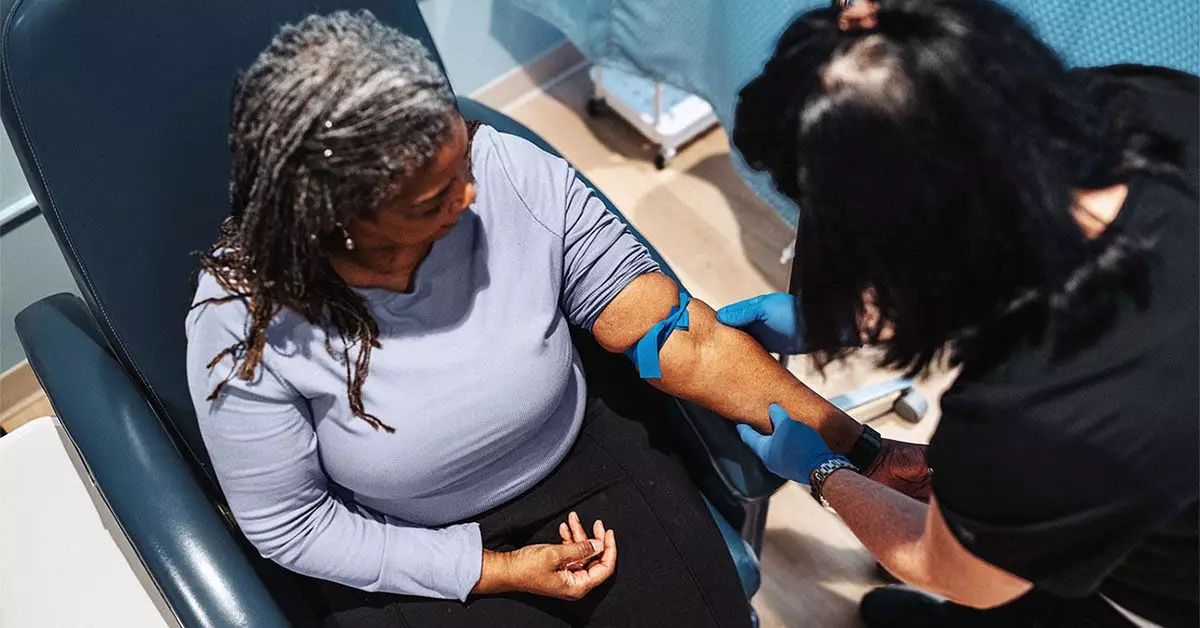Chimeric antigen receptor (CAR) T-cell therapy presents a groundbreaking approach in the realm of immunotherapy, specifically targeting malignant conditions like multiple myeloma (MM). This method empowers the immune system to identify and attack cancer cells more effectively. The U.S. Food and Drug Administration (FDA) has greenlighted two key CAR T-cell therapies—Idecabtagene vicleucel (Abecma) and Ciltacabtagene autoleucel (Carvykti)—both instrumental in targeting the B-cell maturation antigen (BCMA) prevalent among myeloma cells.
The promise of CAR T-cell therapy lies not just in its innovative design but also its success rates amongst patients who have found little to no reprieve through standard treatment modalities. For many, the therapy has ushered in an era of renewed hope where traditional methods have failed. However, it is crucial to acknowledge that this approach does not guarantee success for every individual, which brings us to the pressing need for a robust follow-up care mechanism.
The Reality of Treatment Failures
Despite its potential, the efficacy of CAR T-cell therapy can be fleeting—the majority of treatment failures manifest within just six months post-administration. Worryingly, there is currently no universally accepted protocol for managing such failures. This inadequacy can leave patients and their healthcare teams grappling with decisions about alternative strategies, often resulting in a highly personalized treatment plan.
The options on the table include revisiting CAR T-cell therapy, but this is not always feasible. Instead, patients may be directed toward chemotherapy options, like lenalidomide, or other innovative treatments such as bispecific antibodies and localized radiation therapy. Each of these alternatives carries its own risks and benefits, which can be daunting for patients already grappling with the emotional and physical toll of cancer treatment.
Emotional Turbulence and Mental Health Support
The psychological impact of discovering that CAR T-cell therapy has not yielded the desired results can be profound. Patients may find themselves in an emotional quagmire characterized by feelings of doubt, hopelessness, and uncertainty about the future. In these overwhelming moments, the importance of a solid support system cannot be overstated. Encouragement and understanding from family, friends, and healthcare professionals can provide critical comfort and assurance.
Professional mental health support plays a vital role as well. Mental health specialists can guide patients through the complex emotional landscape of living with cancer, helping them develop coping strategies and resilience. Moreover, healthcare professionals can serve as invaluable resources, aiding patients in navigating the complexities of alternative treatment options and providing answers to their myriad questions.
Through it all, it’s essential to remember that while CAR T-cell therapy represents an exciting frontier in cancer treatment, its limitations necessitate an ongoing dialogue between patients and their care teams. Addressing the emotional, psychological, and physical aspects of cancer treatment must remain paramount in the pursuit of effective care. After all, hope should never dim, even in the face of adversity; it must only grow stronger.


Leave a Reply